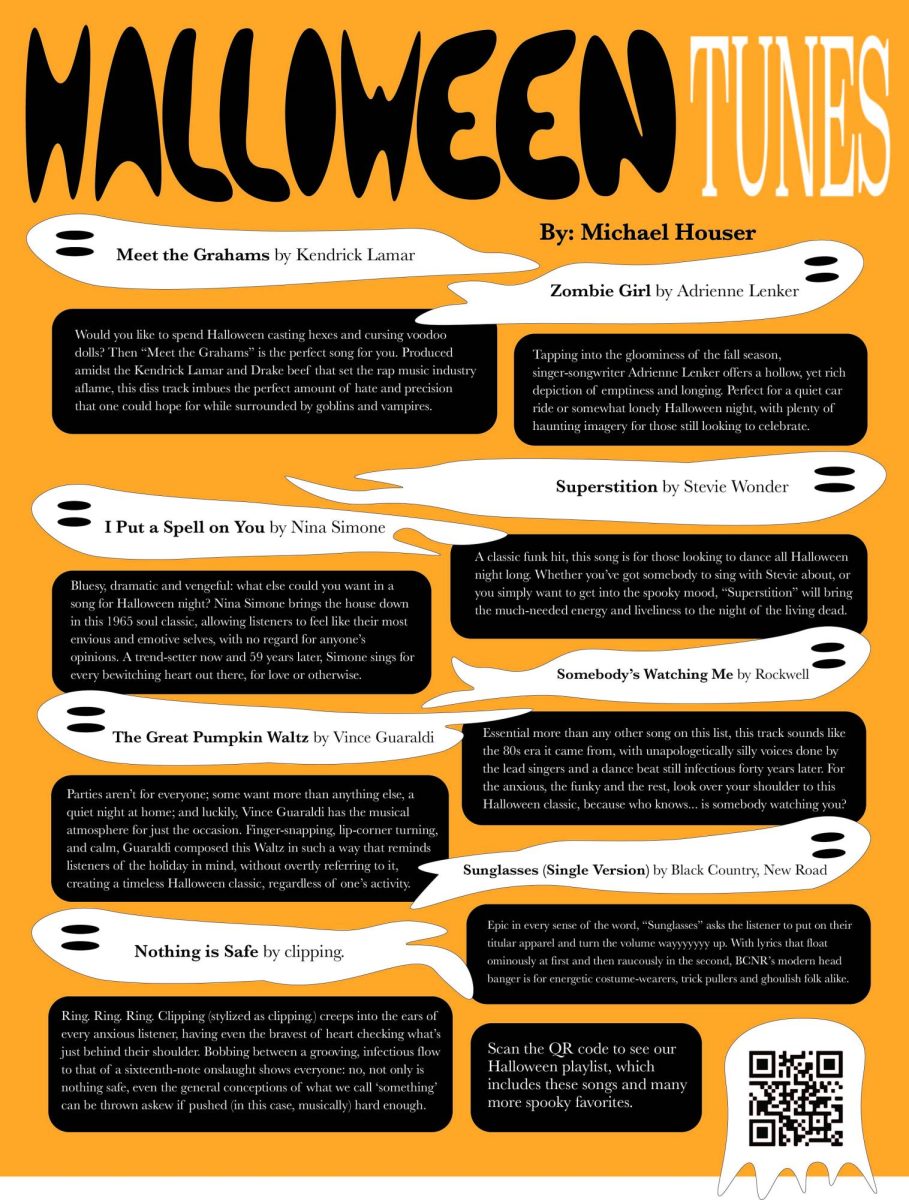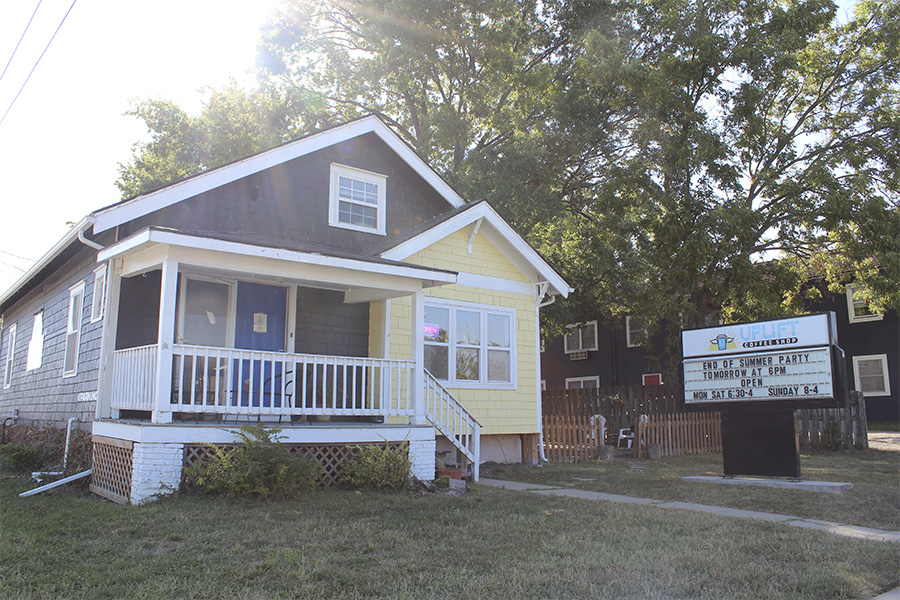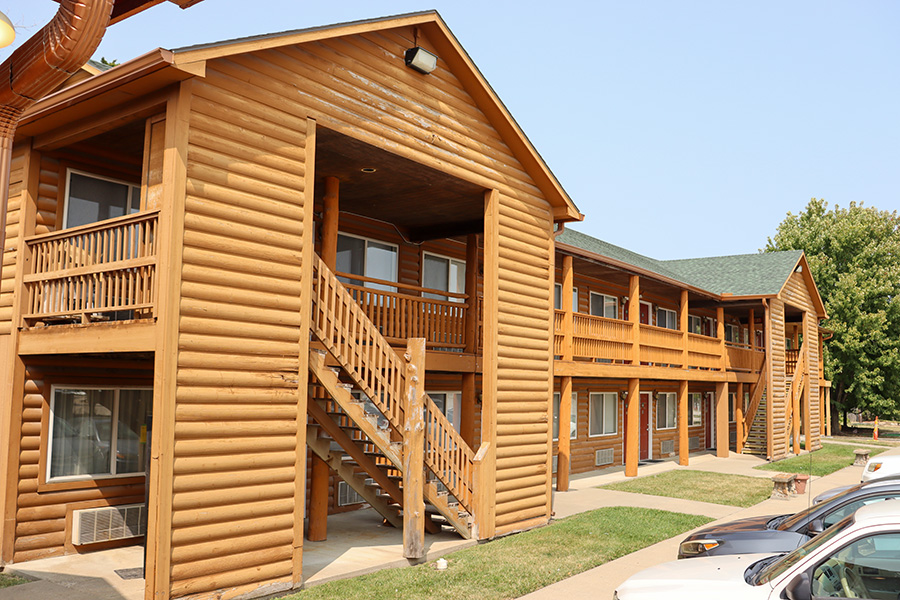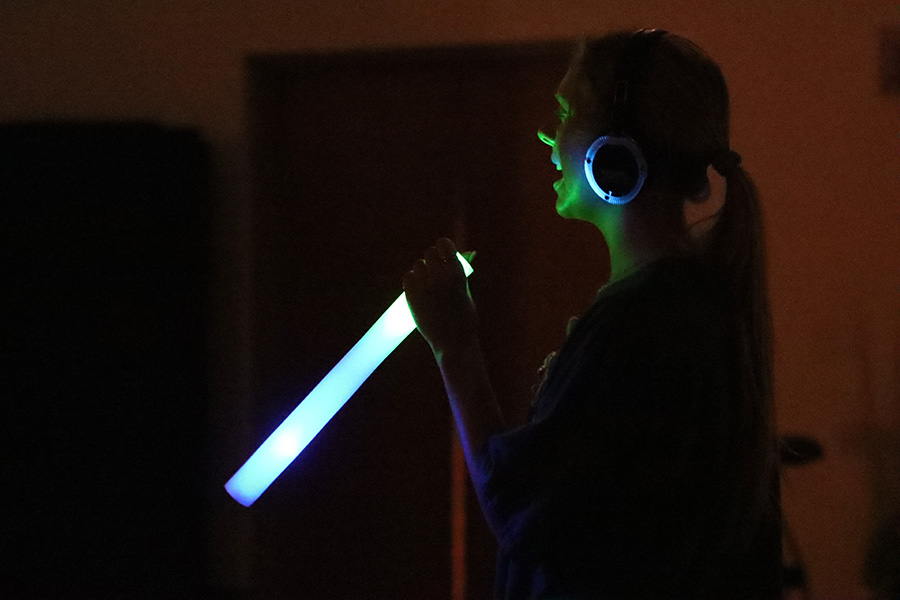Sophomore Warren Swenson probably didn’t think he would be setting a precedent for underclassmen to run for and be elected to executive positions in Baker University’s Student Senate when he ran for student body president last school year.
But that’s exactly what he ended up doing.
In the time since Swenson announced he would not seek a second term as student senate president, several underclassmen have stepped up to fill, not only the position of president, but other positions as well.
Student senate positions have, in the past, generally been held by upperclassmen, generally seniors.
But thanks to Swenson, the idea of offices only being attainable by seniors was thrown out the window.
Take, for instance, sophomore Caleb Watts. He, along with sophomore Hannah Schaake, ran for the position of president. After voting ended April 19, Watts obtained the position of president.
Even though he will actually serve as president his junior year, Watts is still going outside the box.
But it’s not just the position of president being filled by students other than seniors. Sophomores and juniors will be assuming the role of all the other executive student senate positions next school year.
All of these students are proving, just like Swenson did, that a student doesn’t have to be a junior or senior to run for a student senate position, let alone win one.
At the same time, however, while it is nice so many freshmen, sophomores and juniors are stepping up for positions, the actual outcome of the election was less than impressive.
Throughout the election process, hardly any Baker students were actually informed about why candidates chose the positions they were running for.
What ended up happening was the election became more of a popularity contest in that those who won may have only done so because they might have known more students than some of the other candidates.
While each of the new officers will no doubt do a great job in their new positions, it still would have been nice for there to have been a forum, or some way of informing the students about what the candidates would do if they won their certain positions.
Underclassmen should not be discouraged from running for positions, like student senate president.
Though, maybe in the future, more publicity of what they plan to do in their positions would be nice, or should be made mandatory, so students know what issues they are voting on, rather than just someone they know.
But the precedent Swenson set for the underclassmen of Baker should not be diminished, especially when every student, no matter the year in school, has the right to “own confidence.”






